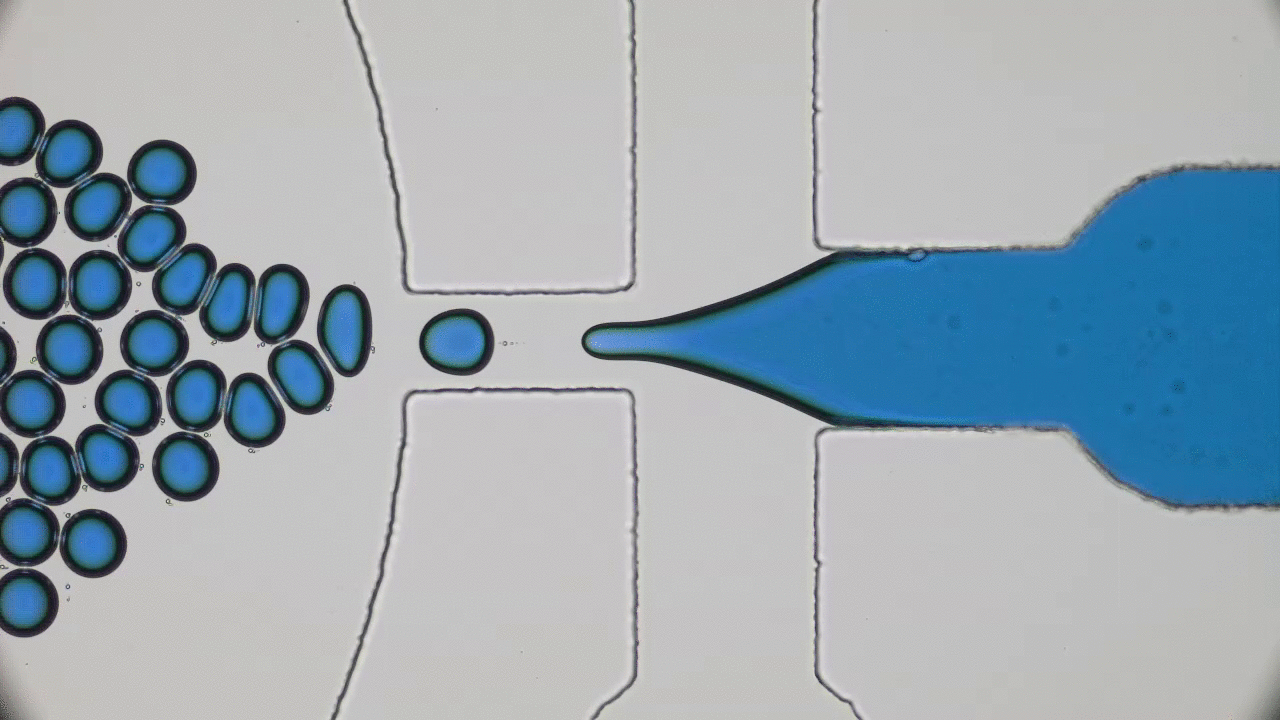As their name suggests, so-called “granular materials” are made up of “grains” — small (but macroscopic) pieces of sand, glass beads, coffee grounds, or almost any other solid you can think of. Granular materials can flow like a liquid (like sand in an hourglass), resist deformation like a solid (like the sand under your feet at the beach), or quickly transition between these states (like pebbles in a rockslide).
Kepler’s New Year’s Gift — On the Six-Cornered Snowflake
Some things never change. In winter 1610, Johannes Kepler was stressing out about holiday gifts — in particular, one for his friend and benefactor, the rather grandly-named Johannes Matthaeus Wacker von Wackenfels. Kepler, at the time employed as Imperial Mathematician at the court of Holy Roman Emperor Rudolph II, records his musings on the problem in the opening pages of his now-famous discourse, The Six-Cornered Snowflake.
Termite Climate Control
Termites are among nature’s most spectacular builders, constructing mounds that can reach heights of several meters. Relative to the size of their bodies, these structures are considerably larger than the tallest skyscrapers constructed by humans [1]. Surprisingly, in many termite species, individual termites don’t spend much time in these mounds. Instead, they live in an underground network of tunnels and chambers that can be home to millions of individual insects. But, if not to live in them, why do termites build such intricate and gigantic above-ground structures [2]?
Fluids That Flow Themselves
When we think about fluid flow, we generally think of motion in response to some external force: rivers run downhill because of gravity, while soda moves through a straw because of the pressure difference created by sucking on one end. Recently, however, scientists have become interested in a class of fluids that have the capacity to move all by themselves — the so-called “active fluids.” In this paper, Kun-Ta Wu and his co-workers explore how such a material can turn its stored chemical energy into useful work: cargo transport.





